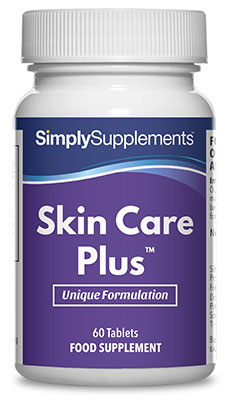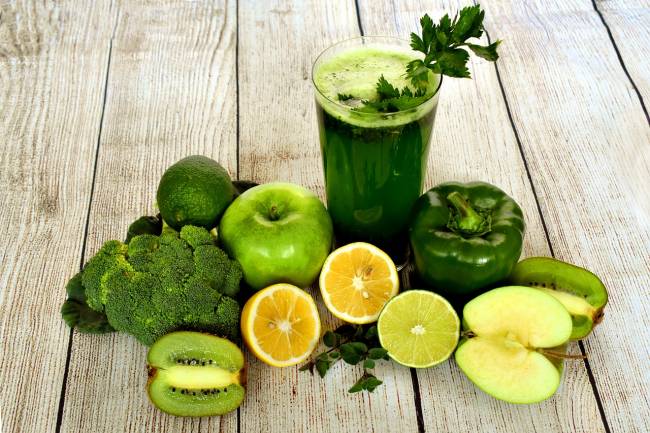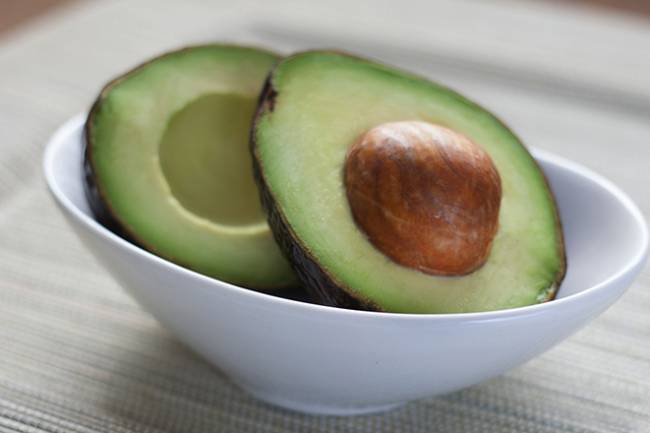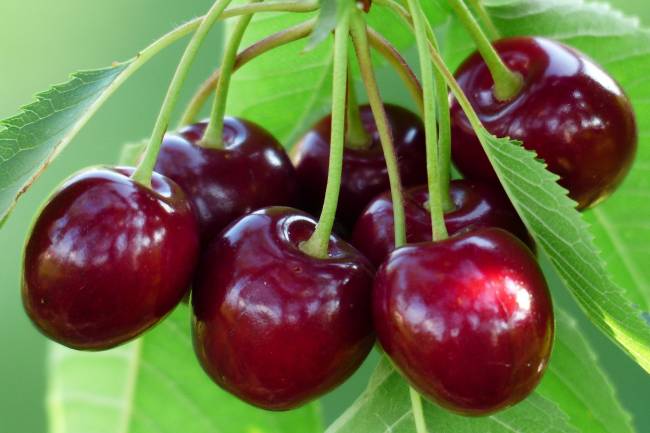The Ageing Effects of Sugar on Skin
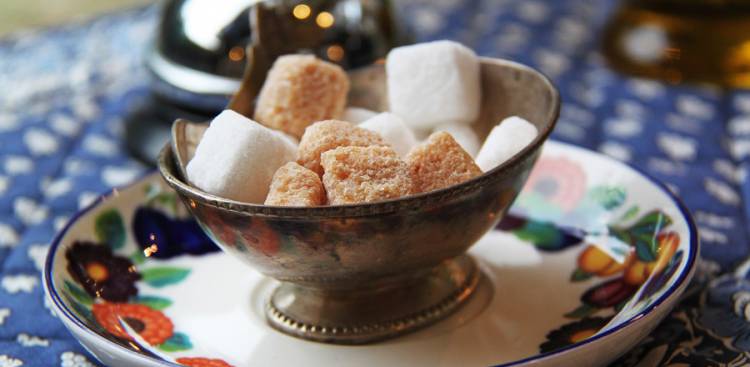
We all want to look our best for longer. Unfortunately there are a variety of different factors that can affect how quickly and visibly your skin can age.
Many of us know that diets high in sugar lead to weight gain, but fewer of us are aware that sugar can also lead to premature ageing of the skin.
With the prevalence of sugar in a typical western diet, this statement can be particularly alarming. Generally speaking, most of us would struggle to avoid dietary sugar completely, but by simply reducing our intake we may be able to promote the longevity of our appearance.
Let's take a deeper look at the ageing effects sugar can have on our skin.
Why Is Sugar Bad for Skin?
The Glycemic Index measures how food affects our blood glucose levels. Foods that score low on the Glycemic Index are digested and absorbed slowly by the body and so provide a gradual infusion of sugars into the bloodstream. In contrast, foods that score high on the Glycemic Index rapidly increase blood sugar levels and trigger the release of insulin to counteract them. 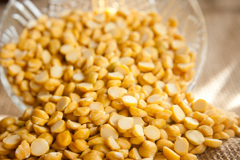 Foods high on the Glycemic Index
Foods high on the Glycemic Index
- Flour
- Rice
- Bread
- Breakfast cereals
- Potatoes
Foods low on the Glycemic Index
- Soy-based products
- Lentils
- Milk
- Non-starchy vegetables like sweet potato and peas
- Oatmeal and muesli
When blood sugar rapidly elevates, sugar attaches itself to a protein called collagen in a process called glycosylation. This process forms harmful molecules called Advanced Glycation End Products (AGE's), which are difficult for the body to remove. These AGEs play a particularly detrimental role in the ageing of your skin, because they attack collagen and elastin, two very important proteins that are used to keep skin looking healthy. Let's find out more about them.
Collagen
Collagen can make up 25-35% of your body's entire protein content, and is used all throughout the body in skin, muscles, tendons and ligaments.
Collagen is a protein, meaning that at its core it is made up of smaller amino acids.
Viewed under a high-powered microscope, collagen has a triple-helix shape, which is what helps to give it its main claim to fame; the tensile strength it offers to skin cells.  Collagen fibres work like an anchor in between individual skin cells, helping to keep your skin looking healthy, supple and firm.
Collagen fibres work like an anchor in between individual skin cells, helping to keep your skin looking healthy, supple and firm.
Aside from beauty and skincare benefits these properties can help promote, collagen is also essential to the wound healing process that things like cuts, tears and abrasions inflict on your skin.
Now although collagen clearly has its benefits, unfortunately your body begins to wind down production of this protein when you reach the age of 30. Once you hit this age range, you may find that collagen levels steadily decrease by 1-2% each year, meaning that by the time you turn 40, your body may have lost up to 20% of its total collagen content.
Without sufficient collagen to help support your skincare, you may eventually find that your skin becomes drier, looser and even more brittle, making it more prone to injury and damage. All of these symptoms of a lack of collagen can further increase the rate in which your skin ages.
Elastin
Elastin is another protein that is known to play a role in keeping skin looking healthy. Whilst collagen provides strength to skin, elastin works, as the name would suggest, to provide flexibility and elasticity to your skin.
When you pinch, poke, contract or stretch your skin, elastin is the protein that helps it to return to its original shape.
Just like collagen, elastin at its core is made up of amino acids which are bound together to form larger fibrils. Each elastin protein is comprised of fibrils, which help to give elastin its flexible properties. Without an adequate supply of elastin, the constant stretching and contracting associated with even the most basic of daily movements may contribute to the formation of wrinkles.
Scientific Evidence of the Aging Effects of Sugar on Skin
It is not new to the world of science that sugar can have an ageing effect on the skin. A study from Japan that was conducted in 2011 looked to analyse the role glycation stress and AGEs play on photo-ageing in skin. 136 healthy Japanese females made up the sample used in the study, which each one being examined to quantify the number of AGEs in the skin using a process called auto-fluorescence. The study concluded that "glycation stress, and subsequently skin ageing, may be reduced by managing levels of blood glucose."
Another study found that high blood sugar levels speed up the ageing process and may cause a person to look considerably older than they actually are. In the study, scientists from the Leiden University Medical Centre in the Netherlands and Unilever in the UK recorded the blood sugar levels of over 600 men and women, aged between 50 and 70 years old. They then asked 60 independent assessors how old each participant looked.
The results found that "perceived age increased 0.40 years per 1 mmol/L increase in glucose level in non-diabetic subjects." The scientists therefore concluded that "higher glucose levels are associated with a higher perceived age." Based on these findings, researchers also concluded that it is important to try to regulate blood sugar levels in order to maintain a youthful appearance.
But what are some of the best ways of meeting that goal?
Here are a few easy things you can do to look after your skin.
Changes You Can Make to Help Prevent Ageing Skin
Reduce Your Overall Sugar and Fat Intake
As obvious as this might sound, reducing the amount of sugar, particularly refined sugar, in your diet can help to keep your blood sugar at a constant optimal level, which may help to prevent ageing effects on the skin.
Soft drinks, sweets, cakes, biscuits, processed foods and precooked meals are all common foods that can possess a very high sugar content, so substituting them for healthier sources of energy that don't cause detrimental effects on the skin, like lentil and grain-based foods and meals, is a good place to start in trying to lower your sugar intake on a day-to-day basis.
When sugar is combined with certain types of fat (unsaturated and trans varieties), sugar increases the inflammation that is thought to be associated with acne.
This is because sugary foods cause rapid spikes in blood sugar levels and trigger the production of a hormone called insulin, which itself can cause the body to produce more sebum, an oily, waxy substance that alters the rate at which skin cells regenerate. Because of this, the liver has to work harder to flush out excess insulin, which can result in an inflammatory response that may cause dermal issues like acne to arise, as well as aesthetic ageing effects.
A study published in 2007 in the American Journal of Clinical Nutrition sought to analyse the connection between an individual's dietary nutritional habits and the appearance of skin health. 4025 American woman aged between 40 and 74 years old served as the sample, whose information was taken from the first National Health and Nutrition Examination Survey.
The study concluded that "lower intakes of fats and carbohydrates are associated with better skin-ageing appearance."
Increase Your Vitamin C Intake
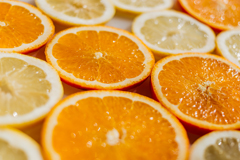 The European Food Safety Authority has approved the health claim that vitamin C "contributes to normal collagen formation for the normal function of skin."
The European Food Safety Authority has approved the health claim that vitamin C "contributes to normal collagen formation for the normal function of skin."
Vitamin C helps to promote the synthesis of collagen, which, as we discussed earlier, is used extensively in the different layers of the skin to provide structure and strength. Vitamin C, also known as ascorbic acid, is also a powerful antioxidant, meaning that it helps to protect the cells of your body from harmful free radical molecules that can cause damage to your skin, organs and immune system.
Since vitamin C is water-soluble, you have to ensure that you get daily doses of this very beneficial nutrient in order to best support your skin and health. Thankfully, vitamin C can be found in a huge variety of different fruits and vegetables, meaning that there's something for everyone to enjoy which will provide adequate nutritional support. Good vitamin C sources include:
- Citrus fruits like oranges, apples and grapefruit
- Leafy green vegetables like spinach, kale and brussels sprouts
- Strawberries, blueberries and blackberries
- Bell peppers
Research has been undertaken in the past to understand the benefits these types of foods can provide to dermal health. A study conducted in 2001 looked to examine if food could make a difference to skin wrinkling. The researchers used a sample of 453 people, made up for 4 different groups:
- 117 Greek-born individuals living in Melbourne
- 69 Greeks living in rural Greece
- 48 Anglo-catholic Australians living in Melbourne, and
- 159 Swedish subjects living in Sweden
Their dietary habits were collated using a questionnaire and their skin was assessed using 'cutaneous microtopographic method', which involves small areas of the skin being inspected to serve as a microcosm for the rest of the body.
The study concluded that "a high intake of vegetables, legumes and olive oil appeared to be protective against cutaneous actinic damage (skin damage caused by light or UV)" .
These results suggest that the protective properties and vitamins found in these foods may therefore be used to protect the skin against the damaging effects of sugar and other harmful contaminants.
Adopt a New Skin Cleaning Regimen with Collagen Creams
Since collagen production is known to be affected by the natural ageing process, you can help counter the reductions your body encounters when you age past 30 by using creams, gels and other beauty products to help clean your skin and ensure it receives sufficient collagen on a daily basis.
Finding a cream with added vitamins, like vitamins A, C and E may prove to be even more beneficial for the overall health of your skin, due to the additional antioxidant benefits that can be enjoyed for more comprehensive support.
Summary
Sugar is known to contribute to production of AGEs, which if found in large quantities in the body can specifically cause the condition of your skin to deteriorate, leading to ageing effects.
With the information in this article, hopefully you now have the information you need to make informed and necessary changes to best promote your health, with the aim of prevent the ageing effects of sugar on skin.
However, if you are ever unsure about the best way to adapt your lifestyle and dietary habits in this way, your local GP is always on hand to offer professional advice tailored to your individual needs.
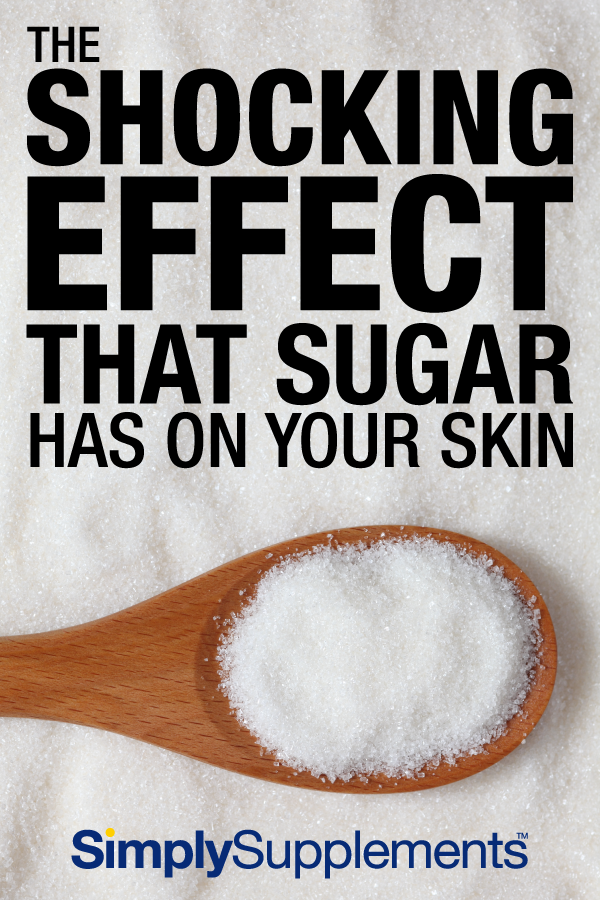
Sources:
https://www.jstage.jst.go.jp/article/jaam/8/3/8_3_23/_article/-char/ja/
https://www.ncbi.nlm.nih.gov/pubmed/22102339
https://academic.oup.com/ajcn/article/86/4/1225/4649573
https://www.ncbi.nlm.nih.gov/pubmed/11293471

 Nicole
Nicole 



